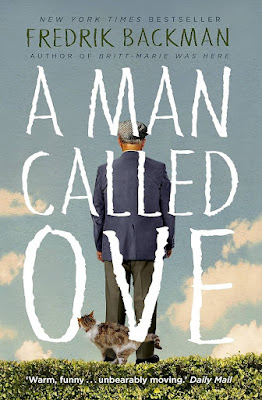Les Misérables
Those already acquainted with this book would have encountered the long passages which abruptly put an end to the spell cast by the author. Interruptions like these when an engaging plot is unfolding irritated me to no end. Those pages are pointless in the context; aside from the excellent main story, about half the book is dedicated to essay-like pieces unrelated to the plot. These parts, however, are interesting standalone pieces on the Battle of Waterloo, convent life and colloquial French.
What I write here is a very skeletal sketch of this vast historical fiction, a mere outline of the beautiful story contained within; a continuous search for love and happiness by the wretched, Les Misérables, in the chaos ensuing in the years of great national reformation in France. Jean Valjean is a convict on the run, hunted down for the mere crime of theft to abate his family's hunger. Years of inhuman treatment at the hands of the gendarmes made him savage like a hurt animal. Fantine is a young Parisian whose innocence leaves her pregnant, much to the glee of an unforgiving society circling her like vultures. Persecuted for no fault of hers, her only comfort is her Cosette, a child who captures the hearts and envy of many. In the succeeding events, we witness the redemption of a felon, the good fortune of an orphan, the rise of democratic ideals, and the triumph of love and all that is good.
As I've written before, extravagance is Hugo's bane, as well as his boon sometimes. There are places where the language is so moving, you feel like stopping to replay in your mind the scene so vividly portrayed. CBSE students might remember the lesson 'The Bishop's Candlesticks' by Norman McKinnel. The play is, in fact, a reprisal of the encounter between the main protagonist, Jean Valjean and the benevolent clergyman, Monsieur Bienvenue. If you liked the lesson, then you will love the better and more dramatic version of the book.
The sheer length of the book tells us that Victor Hugo would have put in a lot of effort. Rather than simply tell a story, Hugo uses his characters to spin a tale closely entwined with the historical events that lead to the 1848 Paris insurrection. Don't let its huge size intimidate you; take your time to savour the story and you will realise the fruits of patience are sweet.
Footnote: There are many translations of Hugo's original French work, namely by Donougher, Rose, Fahnestock and MacAfee, Denny and lastly Wilbour. I have reviewed here the Penguin Classics version of Norman Denny's translation. Each publisher prints a different version, and in my opinion, Denny's is the best. The web also includes Donougher, Rose, Fahnestock and MacAfee as one of the versions that stay true to the original. Wilbour's has been described by a few as antiquated in language. If you do get your hands on a copy by Norman Denny, do read the introduction for a clearer insight into the author and his creation.





Comments
Post a Comment